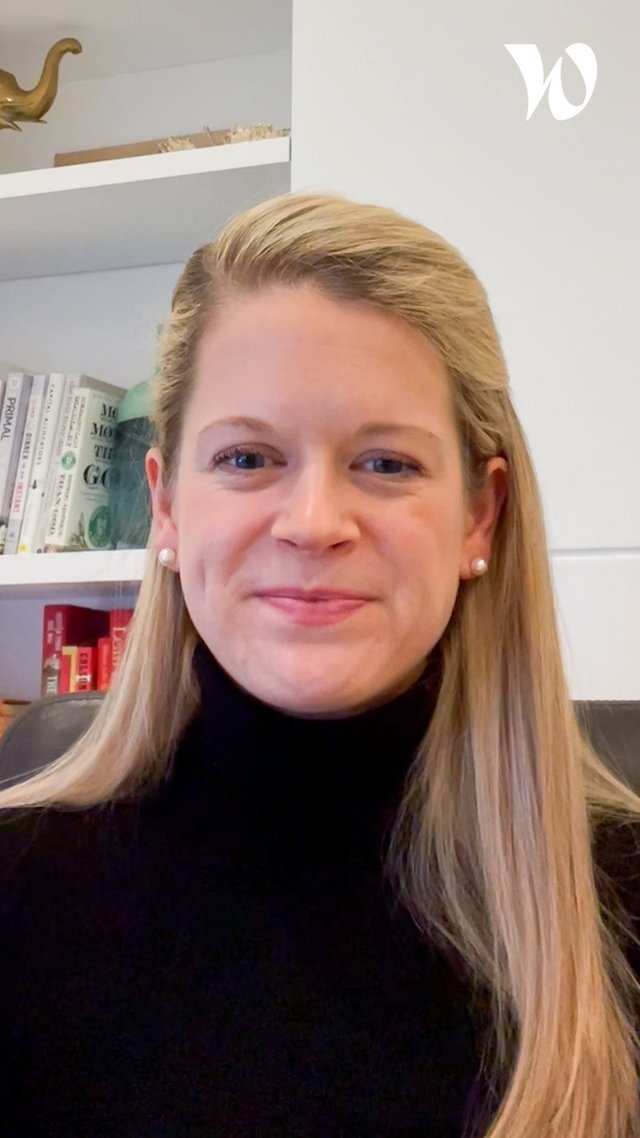Internship - Multimodal Analysis of Central Bank Communication
The position
Job description
Objective:
The goal of the internship is to analyze the impact of central bank officials’ nonverbal and verbal cues on financial markets. The project involves multimodal data collection (video, audio, text), application of machine learning models for emotion and sentiment analysis, to link communication features to market outcomes.
Scope of Work:
The intern will engage in the following activities:
- Data Collection and Preprocessing:
Download and preprocess video and audio recordings of ECB and FOMC press conferences (2011–2023), including frame extraction and audio segmentation.
Collect and align official transcripts, high-frequency financial market data (equities, bonds, FX, volatility), and relevant macroeconomic indicators. - Facial Emotion Analysis:
Apply SHORE and Microsoft Azure Emotion API to quantify facial emotions at minute or sub-minute intervals.
Aggregate and align emotion scores with financial data. - Vocal Emotion Analysis:
Use pre-trained and fine-tuned transformer models (e.g., w2v2-L-robust-12) and/or custom deep learning models (Keras/TensorFlow) trained on RAVDESS/TESS to classify vocal emotions using the VAD framework.
Extract features (MFCCs, Chroma, Mel Spectrogram) and generate emotion time series. - Text Sentiment and Policy Stance Analysis:
Use fine-tuned BERT models or LLMs to classify sentences as hawkish, dovish, or neutral, and compute net sentiment. - Statistical and Econometric Analysis:
Conduct high-frequency event studies and local projection regressions to estimate the impact of nonverbal and verbal cues on asset prices, controlling for policy shocks and other confounders.
Test for amplification or moderation effects via interaction terms (e.g., media attention, discussion theme). - Extensions:
Explore cross-central bank comparisons (ECB vs. Fed) and heterogeneity by chair, period, or market conditions.
Assess the incremental predictive power of nonverbal cues over traditional text-based sentiment.
Required Skills and Qualifications:
- Pursuing a degree in Finance, Economics, Data Science, Computer Science, or a related field
- Experience with machine learning and NLP models and concepts
- Familiarity with econometric analysis and financial markets
- Experience with Python (and relevant libraries: PyTorch/TensorFlow, scikit-learn, librosa, transformers, OpenCV)
- Interest in central banking and monetary policy communication
Expected Outcomes:
- A comprehensive replication of the three target papers, including code, documentation, and reproducible results
- Comparative analysis of the impact of facial, vocal, and textual cues on financial markets
- Insights into the role of nonverbal communication in monetary policy transmission
- Recommendations for future research and potential applications in financial market analysis
References:
- Barry, M. L., Kandemir, S., Smirnov, V., Bruns, B. J., Klose, J., & Tillmann, P. (2023). The Emotions of Monetary Policy.
- Curti, F., & Kazinnik, S. (2022). Let’s Face It: Quantifying the Impact of Nonverbal Communication in FOMC Press Conferences.
- Gorodnichenko, Y., Pham, T., & Talavera, O. (2021). The Voice of Monetary Policy.
Preferred experience
Profile description:
ABOUT CFM
Founded in 1991, we are a global quantitative and systematic asset management firm applying a scientific approach to finance to develop alternative investment strategies that create value for our clients.
We value innovation, dedication, collaboration, and the ability to make an impact. Together, we create a stimulating environment for talented and passionate experts in research, technology, and business to explore new ideas and challenge existing assumptions.
Want to know more?

Meet Sarah, Vice President - Investor Relations - North AmericaSarah, Vice President - Investor Relations - North America

Meet Haithem, Executive director - Head of IT Portfolio


